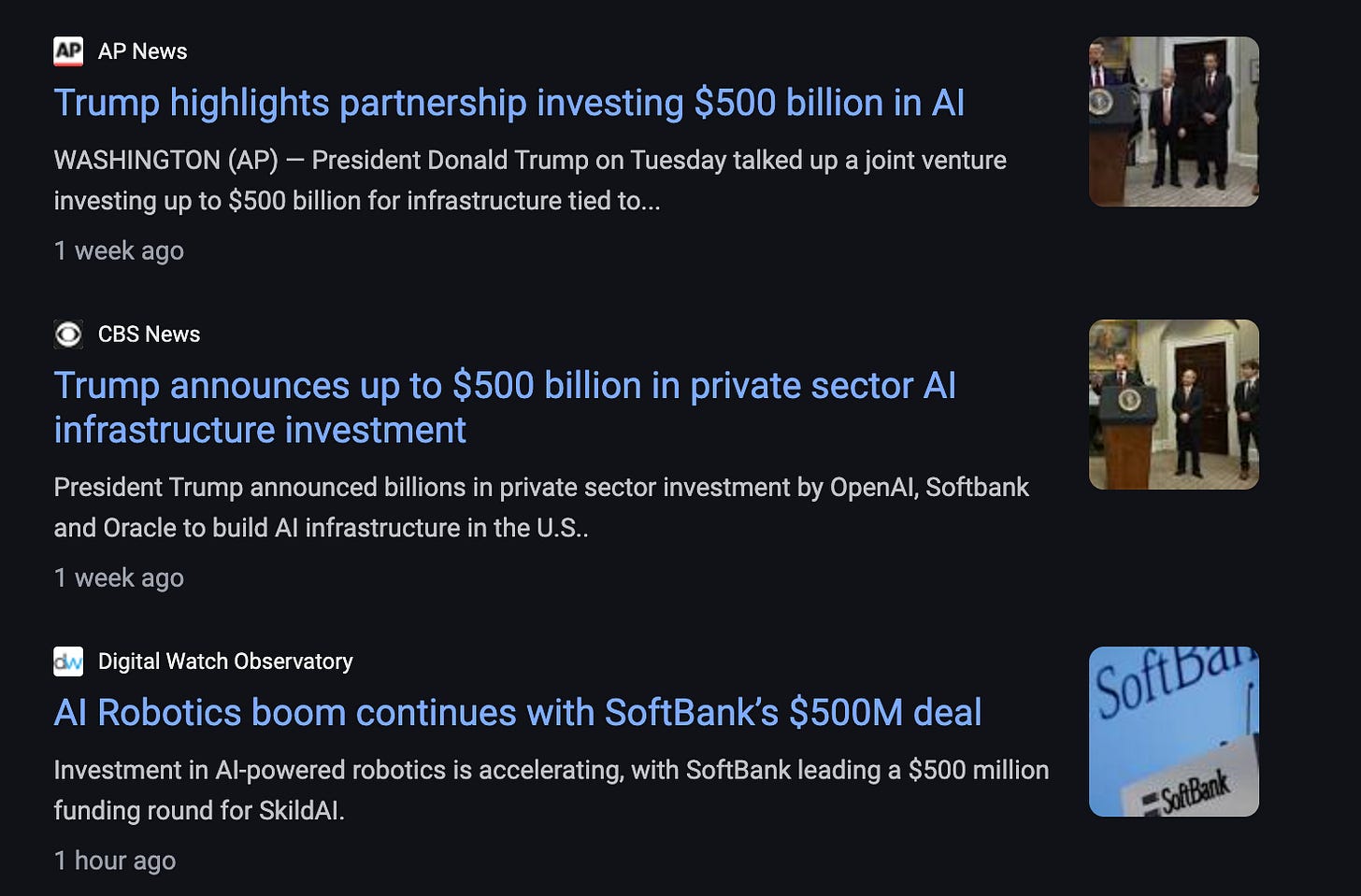“He turned on the water” - Attention span politics and headline wins
Once it's in the bloodstream, it's already too late.
Note: A plane carrying 60 passengers collided with a U.S. Army helicopter late last night in Washington D.C. Early reporting shows no survivors from either aircraft—and please keep in mind that it is very early. This terrible tragedy also carries the unfortunate potential of becoming the subject of rampant conspiracy theories and misinformation. The political blame game could get pretty nasty with this event as well. Spare a good thought for the families of those who’ve passed.
***
The point is to “win,” as Trump would put it. And to win means to get the headlines he wants—headlines that have been in no short supply in the week and a half since his second presidency began. This is attention span politics, and Trump is very adept at manipulating it.
At the moment, there is no greater example of this than the bamboozle than the claim—now universally-accepted on the American right—that Trump “turned on the water” in California. He did not, of course, “turn on the water” to stop the wildfires there, because that is not something you can do.
Nor did Trump send in the military to do this very specific thing that he cannot do, as he has claimed. But it doesn’t matter because of the old adage about a lie being halfway around the world before the truth can put on its shoes. Under Trump, lies come so fast that fact-based institutions—the press, academia, NGOs—simply can’t keep up.
The pattern is: Trump makes headlines based on his executive orders, it looks to conservatives like he’s carrying out his campaign promises/owning the libs, then those orders are challenged, shut down, or largely fail, but by then the “win” is in the information bloodstream, so Trump has already won. Rinse, repeat.
“I think why it’s being done is easier than the what of it,” Caroline Hawley of the BBC astutely pointed out on Tuesday’s Global News Podcast.
Hawley was discussing the Trump administration’s freeze on federal spending, which two judges have now halted because of its apparent illegality. (Congress has appropriated funds to be used by federal agencies, a matter over which the office of the president doesn’t really have jurisdiction except in the sense that Trump can work with lawmakers to implement his agenda at the agency level.) But Hawley could have been describing any one of the many executive orders that are being challenged in court with her precise why over what description.
That’s because the why—“own the libs,” basically—is vastly more important than the what. Freeze all government spending! Why? Because the government is wasteful! What about Medicare and Medicaid? Well, not that, actually, the Trump administration is now saying. What about humanitarian aid? Well, not that either, Marco Rubio has said—the State Department will create waivers for humanitarian programs so that dollars and aid will continue to flow.
Whoops, looks like this whole “governing” thing is a lot more complicated than Trump and the powers behind Project 2025 anticipated.
This false winning is classic Trump—it’s all bullshit, but somehow, the bullshit works. As I’ve written before, once the win gets in the bloodstream, it stays there. If not a single penny of investment or a single American manufacturing job materializes from Trump’s “deal” with SoftBank to invest hundreds of billions of dollars into U.S. AI development, it won’t matter to all the people consuming information from a right-wing media ecosystem that never follows up on Trump’s false wins. (Side note: this deal was originally for $500 billion and has now magically risen to $600, then $650 billion based, as far as I can tell, on little else other than Trump’s own imagination.)
One of the first things I learned in journalism is that it is not necessarily news when someone issues a press release. That’s because anyone can say anything. Journalism is about showing that those things have actually happened, how well (or not) they worked, and how they affected the people involved. Trump saying he’s going to get a bunch of companies to invest in AI development, therefore, is not inherently news. And yet, every time he says something—regardless of whether it ever turns out to be remotely true—we get reporters acting like this, and headlines that breathlessly back up Trump’s claim.
Another recent Trump administration “win” has come in the form of a deal with Colombia to accept military planes full of undocumented immigrants who have been held in shackles. Long story short: Trump claimed a win he didn’t actually get, and the migrants are now flying back to Colombia both not in shackles and not on military planes.
As Bloomberg’s Eric Martin writes: The “whole episode reflects a playbook used frequently during the first Trump presidency: Stake out a maximalist negotiating position that creates a crisis with market impact and the potential for economic effect, resolve the crisis, and claim total victory.”
Despite all the nagging complexities of the spat with Colombia, the deal with SoftBank that may never materialize and much else, right-wing media has chalked all this up as more evidence of winning by their tough president, helpfully synthesizing it for a conservative base trapped in its own information silo. Nevermind the fact that it looks like it was Trump who caved on Colombia, which refused to accept 110 deported migrants in defiance of his tariff threats, and that a recent flight full of deported migrants contained not a single criminal, the supposed target of Trump’s ramped up immigration enforcement.
In pursuit of these headline wins, Trump’s executive orders and policies are causing their inevitable chaos. Here’s a few examples.
I hate paywalls but I gotta try to make a living! The best way to help support my work is to sign up for a paid subscription. This’ll cost you as little (or a little less; I’m terrible at math) than $5 a month. I’m also still offering my Inauguration Special even though we’re in what feels like month 17 of the Trump presidency. For now, you can get a 20 percent discount on annual subscriptions to American Doom, from $50 a year to $40. As always, you can also buy me a cup of coffee at the Doom Coffee Fund if you prefer a one-time contribution.
Keep reading with a 7-day free trial
Subscribe to American Doom to keep reading this post and get 7 days of free access to the full post archives.






